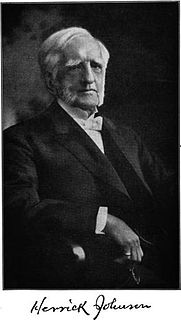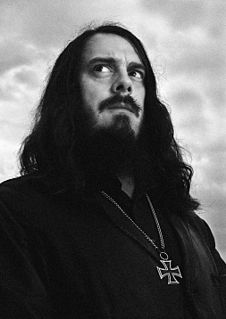A Quote by Kenneth Scott Latourette
The history of Christianity, therefore, must be of concern to all who are interested in the record of man and particularly to all who seek to understand the contemporary human scene.
Related Quotes
Here is Christianity. Whence came it? It is a force in the world, a prodigious force. It has revolutionized society. It has lifted man out of himself. It has changed the face of the world. There it lies, imbedded in more than eighteen centuries of human history; and history of no mean sort, the best record of the race.
Very little comes easily to our poor, benighted species (the first creature, after all, to experiment with the novel evolutionary inventions of self-conscious philosophy and art). Even the most "obvious," "accurate," and "natural" style of thinking or drawing must be regulated by history and won by struggle. Solutions must therefore arise within a social context and record the complex interactions of mind and environment that define the possibility of human improvement.
First therefore let us seek the dignity of knowledge in the archetype or first platform, which is in the attributes and acts of God, as far as they are revealed to man and may be observed with sobriety; wherein we may not seek it by the name of Learning; for all Learning is Knowledge acquired, and all Knowledge in God is original: and therefore we must look for it by another name, that of Wisdom or Sapience, as the Scriptures call it.
In order to deserve, we must pay our dues and steadily work for perfection. We must relish in struggle, and relinquish pride. We must dispel fear and seek enlightenment. We must shun division and honor love. We must know our hearts and seek to understand others. We must try, live, create, feel, grow and love.
Jonathan Meese is not interested in the history of reality. Everything radical and precisely graphic is sustainable. Human ideologies like religions and politics are based on the past and therefore irrelevant to art. Art always transforms radicalism of the past into the future. Art is always the total time machine. Jonathan Meese is interested in the history of the future. Art is never nostalgic.
History is but the record of the public and official acts of human beings. It is our object, therefore, to humanize our history and deal with people past and present; people who ate and possibly drank; people who were born, flourished and died; not grave tragedians, posing perpetually for their photographs.







































